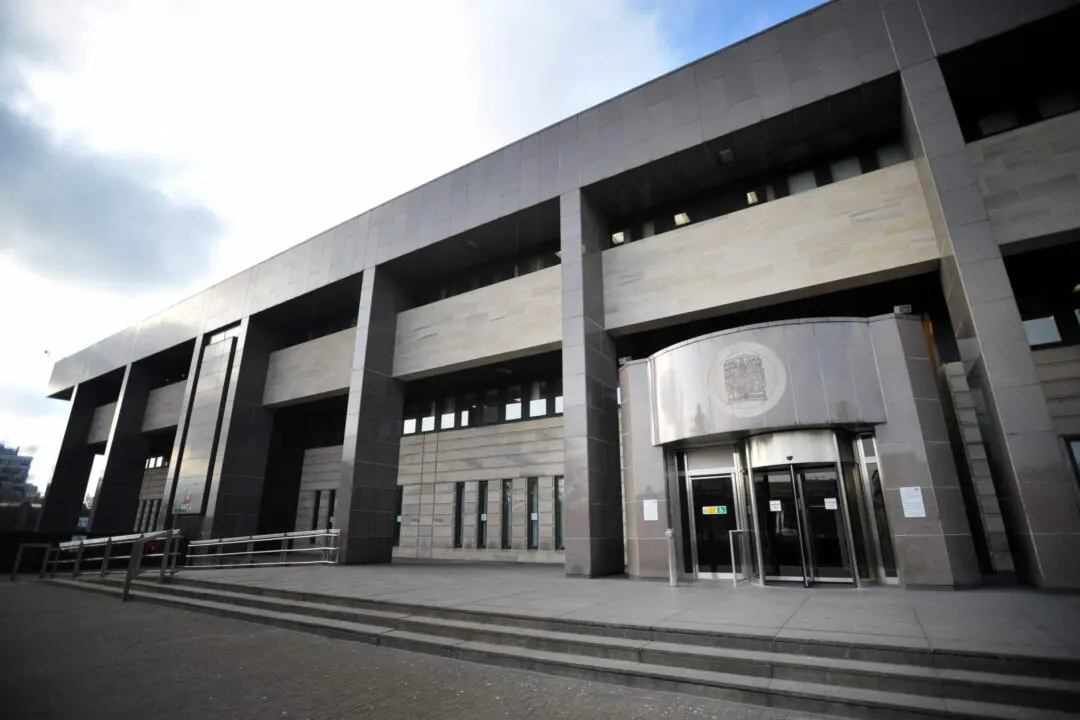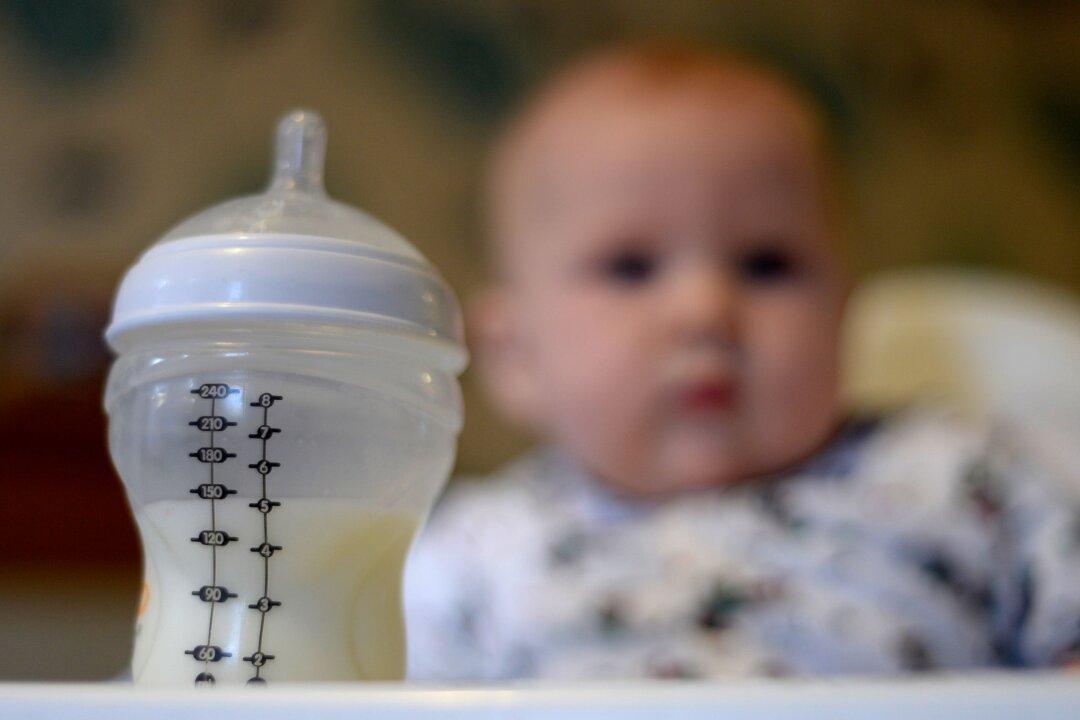UK Consumer confidence has continued to nosedive as the cost of living crisis deepens, a long-running survey shows.
GfK’s Consumer Confidence Index fell five points to minus 31 in March as consumers confront a “wall of worry” amid 30-year-high levels of inflation.




